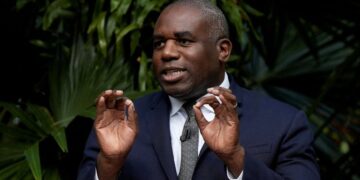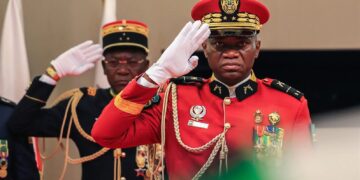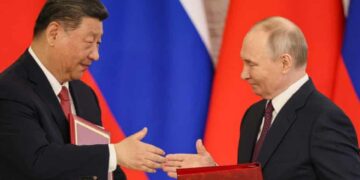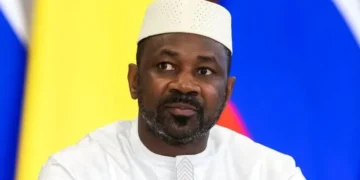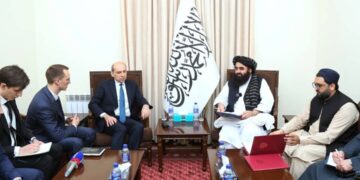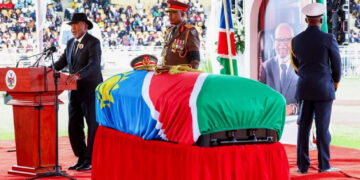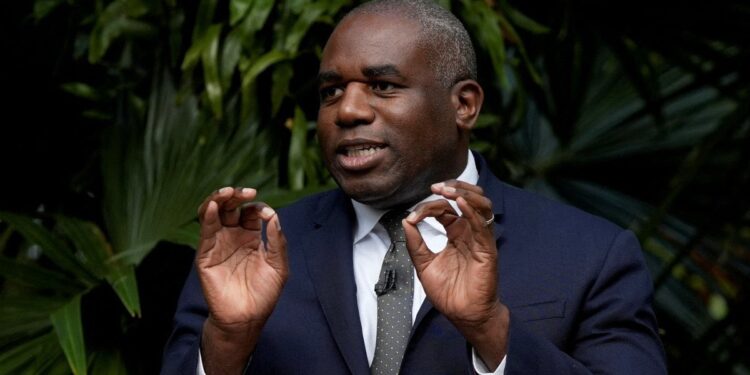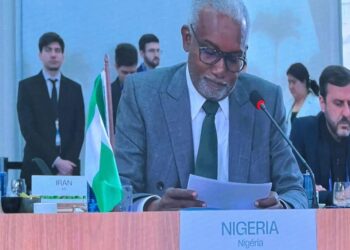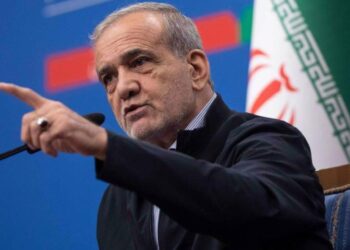By Enyichukwu Enemanna
UK authorities say the concept of reparations for former colonial nations, especially African countries affected by slavery “is not about the transfer of cash”.
The Commonwealth Heads of Government Meeting (CHOGM) last month in Samoa was dominated by calls for the UK to pay reparations for its role in the transatlantic slave trade, as well as issues bordering on climate crisis.
The Commonwealth leaders had in a statement after the meeting said “the time has come” for a conversation about reparations.
UK Foreign Secretary David Lammy in response told the BBC that this was not “the debate people are wanting to have”.
British authorities had previously ruled out paying reparations for slavery and the government says its position “goes for other forms of non-financial reparatory justice too”.
Lammy said instead the UK wanted to look to developing relations with the continent based on the sharing of skills and science.
“It’s not about the transfer of cash, particularly at a time of a cost of living crisis around much of the globe, and certainly in the UK,” Lammy said in Lagos, a city once known as central point for the transatlantic slave trade.
Lammy who was visiting Africa for the first time as Foreign Secretary said UK did the right thing by tendering apologies for its role in slavery.
He said, “When we look back on that period, there were many horrors. It was horrific and horrendous in many, many ways. And there are scars that were left, and let’s be clear – I am the descendant of enslaved people, so I recognise that.
“When we were last in government, we said sorry, and we commemorated the abolition of the slave trade.”
Lammy acknowledged that Caribbean nations had made a 10-point plan for reparatory justice.
He expressed hope that developing nations would benefit as part of that through programmes such as the transfer of technical skills and science expertise from the UK.
“I think the UK needs a new approach to Africa,” the Foreign Secretary said.
He continued, “Much has changed since the last time my party was in government under Tony Blair and Gordon Brown, where there was a huge commitment to the continent but it was largely based on development.
“The dynamism, the energy here in Lagos. The potential for growth and opportunity in a range of areas. There is so much potential.
“What I hope over the coming months and years is that the UK can partner more, here in Nigeria and on the continent.
“And that the UK is present once more, because what I’ve heard is that the UK has stepped back somewhat over the last few years, it reflects on our trading figures.
“There’s much that I think we can do together over the coming months and years.”
